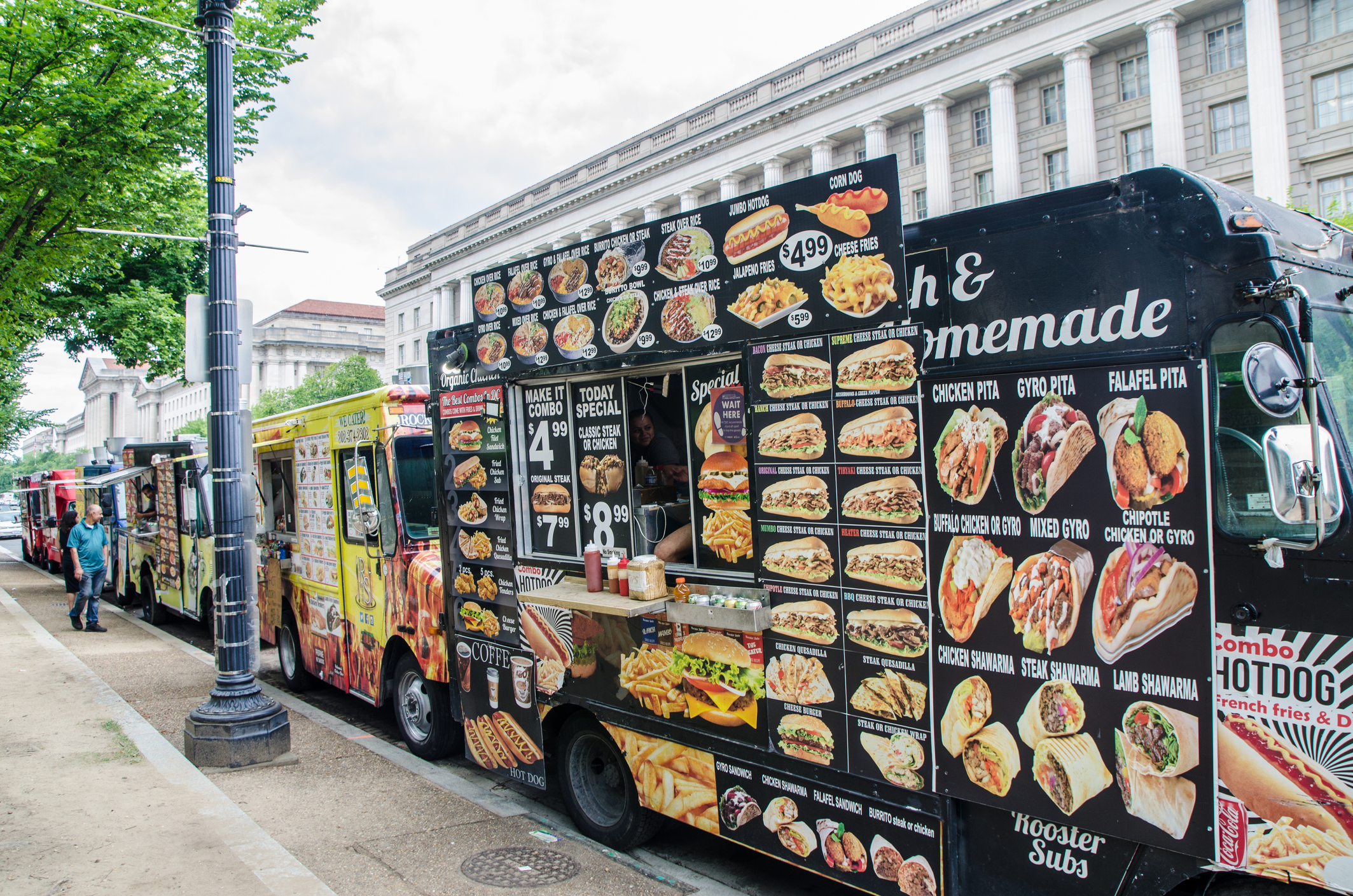10 Food Truck Owners Speak Out: “What I Wish I’d Known Before Starting My Food Truck”
FoodTruck Owners Speakout
Starting a food truck business can be an exciting and rewarding venture, but it's important to be prepared for the challenges that come with it. To help you get started, we've gathered insights from 10 food truck owners who share what they wish they had known before launching their own mobile kitchen. From navigating regulations to managing finances, these tips can help you avoid common pitfalls and set your food truck up for success.
Research your market thoroughly.
One of the biggest regrets that many food truck owners have is not doing enough research on their market before launching their business. It's important to understand the demand for your type of cuisine in the area you plan to operate in, as well as the competition you'll be facing. This can help you make informed decisions about your menu, pricing, and marketing strategy. Take the time to talk to potential customers, attend local events, and gather data on your target market before investing in your food truck business.
Have a solid business plan in place.
Before starting any business, it's important to have a solid plan in place. This includes creating a budget, determining your target market, developing a menu, and deciding on a marketing strategy. Many food truck owners regret not having a clear plan before launching their business, which can lead to financial struggles and a lack of direction. Take the time to create a comprehensive business plan before investing in your food truck, and be prepared to adapt and make changes as needed.
Protecting the digital world starts with you. Join our immersive cybersecurity bootcamp and become a cybersecurity champion today!
Don't underestimate the importance of branding.
One common regret among food truck owners is not putting enough emphasis on branding. Your brand is what sets you apart from other food trucks and helps customers remember you. This includes your logo, menu design, social media presence, and overall aesthetic. Take the time to develop a strong brand identity and consistently incorporate it into all aspects of your business. This will help you stand out in a crowded market and build a loyal customer base.
Be prepared for long hours and hard work.
Starting a food truck business requires a lot of hard work and dedication. Many food truck owners regret not fully understanding the amount of time and effort it takes to run a successful mobile kitchen. Be prepared to work long hours, often starting early in the morning and finishing late at night. You will also need to be able to handle the physical demands of the job, such as standing for long periods of time and working in a hot and cramped space. However, with the right mindset and work ethic, owning a food truck can be a rewarding and profitable venture.
Food trucks have become increasingly popular in recent years, with many entrepreneurs seeking to start their own mobile food businesses. However, like any other business, starting a food truck requires careful planning and preparation. To shed some light on the process, we spoke with ten food truck owners and asked them to share their insights on what they wish they had known before starting their food truck businesses.
Seeking to transform your future with Skills data analytics? Why not elevate your career with our elite bootcamp?
Here's what they had to say:
"I wish I had known how important it is to have a solid business plan in place before starting a food truck. It's not just about the food - you need to know your costs, your target market, and your competition." - John, owner of a BBQ food truck.
"I underestimated how much time and effort it takes to run a food truck. You have to be prepared to work long hours, rain or shine." - Sarah, owner of a vegan food truck.
"I wish I had known how important it is to have a strong social media presence. It's not just about promoting your business - social media can also help you connect with customers and get feedback on your food." - Tony, owner of a taco truck.
"I didn't realize how important it is to have a good relationship with local officials and other food truck owners. They can be a valuable resource and can help you navigate regulations and other challenges." - Jessica, owner of a dessert food truck.
"I wish I had known how important it is to have a backup generator and a reliable refrigeration system. Your food is your livelihood, and you need to be able to keep it fresh and safe at all times." - Mike, owner of a hot dog food truck.
"I underestimated the importance of branding. Your truck's design and logo can make a huge difference in how customers perceive your business." - David, owner of a Korean food truck.
"I wish I had known how important it is to have a diverse menu. People have different tastes and dietary restrictions, so it's important to offer a variety of options." - Emily, owner of a crepe food truck.
"I didn't realize how much paperwork and permits are involved in running a food truck. You need to stay on top of regulations and licenses to avoid getting fined or shut down." - Carlos, owner of a Colombian food truck.
"I wish I had known how important it is to have a solid team. You can't do everything yourself, and you need people you can trust to help you run your business." - Maria, owner of a pizza food truck.
"I underestimated how challenging it can be to balance running a food truck with your personal life. It's important to set boundaries and prioritize your own health and well-being." - Tom, owner of a BBQ food truck.
Starting a food truck can be an exciting and rewarding venture, but it's important to do your research and prepare thoroughly before taking the plunge. By taking the advice of these ten food truck owners, you can avoid some of the common pitfalls and set yourself up for success in the mobile food industry.
Summing Up :
In conclusion, starting a food truck business can be a fulfilling and profitable venture, but it requires careful planning, hard work, and attention to detail. The insights shared by the ten food truck owners highlight the importance of having a solid business plan, a diverse menu, a strong social media presence, a reliable refrigeration system, and a good relationship with local officials and other food truck owners. They also emphasize the significance of branding, paperwork and permits, a solid team, and maintaining a healthy work-life balance. By taking these factors into consideration and learning from the experiences of those who have gone before, aspiring food truck owners can increase their chances of success in this competitive industry.
If you're interested in starting your own food truck business, but you feel like you need more guidance and support, we have an exciting opportunity for you. We offer a comprehensive food truck course that can help you develop the skills and knowledge you need to succeed in the industry.
Joining our food truck course by Mercy College is a great investment in your future, and it can help you achieve your dreams of owning and operating a successful mobile food business. So why wait? Enroll today and start building the skills and knowledge you need to succeed as a food truck owner.
![062823_MercyU_CerftiFi Logo-01[24] 062823_MercyU_CerftiFi Logo-01[24]](https://partnerships.focusedusolutions.com/hs-fs/hubfs/062823_MercyU_CerftiFi%20Logo-01%5B24%5D.png?width=160&height=99&name=062823_MercyU_CerftiFi%20Logo-01%5B24%5D.png)



